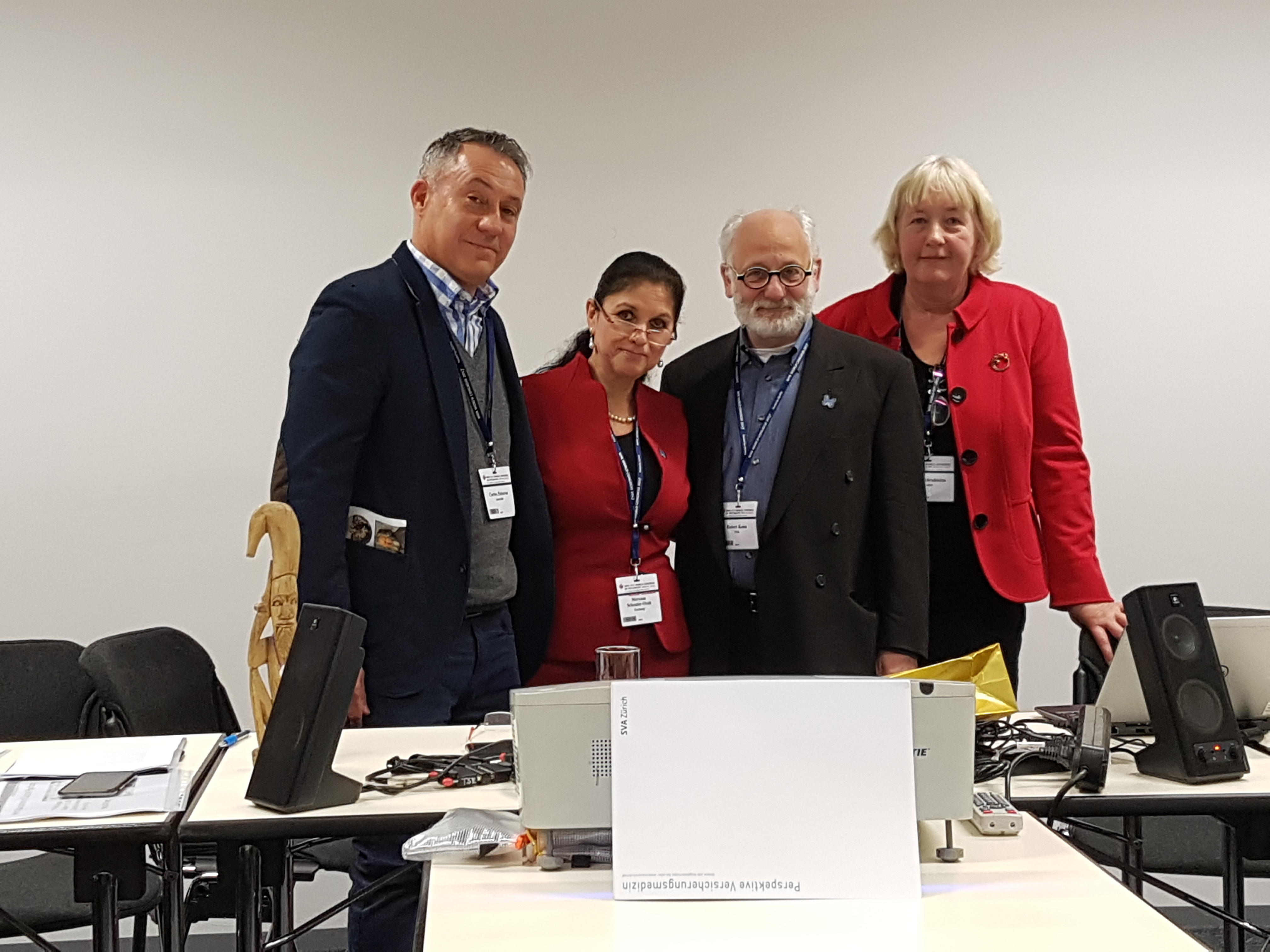Call for papers for a Transcultural Psychiatry Special Issue on Asylum seekers and Refugees
The world has not seen so many refugees since WW II. According to the United Nations High Commissioner for Refugees (UNHCR), the worldwide numbers of asylum seekers and refugees show an upward trend, reaching 50 million and above.
Many studies report on the multiple and highly complex stressors with which refugees are often faced, and which are at risk of having a lasting impact on their mental health. These might be experiences of traumatisation before, during and after the actual journey of migration. If they succeed in leaving the crisis area, this journey is often a long and tortuous one Aon which they may be exposed to other hardship and traumatic events. Once having arrived in the host country, many face (long) asylum procedures with the constant fear of deportation or detention, lack of access to health care, poor living conditions, perceived discrimination and stigmatisation, and in many countries lack, or the absence of, permission to work hindering both the acquisition of financial resources and the basic structuring of everyday life. In general, a lack of resources of resilience exacerbates the situation and has a negative impact on the acculturation process.
The proportion of traumatised people with a serious mental disorder is very high, while the healthcare systems in receiving countries are seldom prepared to address the needs of asylum seekers and refugees. In general, preventive medicine and health-education programmes are not available or not suitable for these groups and linguistic, contextual, legal and culture-related factors are not taken seriously, which can lead to misdiagnoses and inadequate treatment. Subsequently, there is a high risk of drop-out and persisting psychopathology and dysfunction, affecting the migrants, their children and the receiving society. In addition, anti-migrant sentiments in many countries today are also affecting asylum seekers and refugees and are a threat to health and integration, diminishing the chances of the better life they so desperately strive for. Cialis is a quite young drug. It appeared on the pharmaceutical market in 2003 and was approved by the European Union. Then it was authorized in Europe, New Zealand and Australia. A little later, permission was obtained from other countries. It was developed by the pharmaceutical company “Eli Lilly” (USA) and a corporation “ICOS”. The main advantage of Cialis (Tadalafil) is its duration of action (up to a day and a half). Such a solid span of time allows you to keep spontaneity in sexual life.
The World Psychiatric Association, Transcultural Psychiatric Section (WPA-TPS) seeks papers for a special issue of Transcultural Psychiatry on the topic: People on the Move: Asylum Seekers and Refugees Worldwide. The aim of the editors is to attract attention to this uniquely vulnerable group. Therefore, we invite manuscripts on research related to mental health and care for asylum seekers and refugees. Suggested fields include: prevention, epidemiology, access to care, help-seeking behaviour, assessment, treatment, youth, acculturation, advocacy, and resilience. We are particularly interested in new data, innovative services models, and work on mental health promotion, prevention, and policy issues that impact on mental health.
Please submit papers online through the Transcultural Psychiatry website with a cover letter noting you would like the paper to be considered for the WPA-TPS special issue on refugees.
To be included in this thematic issue, papers should be received by 31 December 2015.
Sofie Bäärnhielm, Sweden
Kees Laban, The Netherlands
Meryam Schouler-Ocak, Germany

